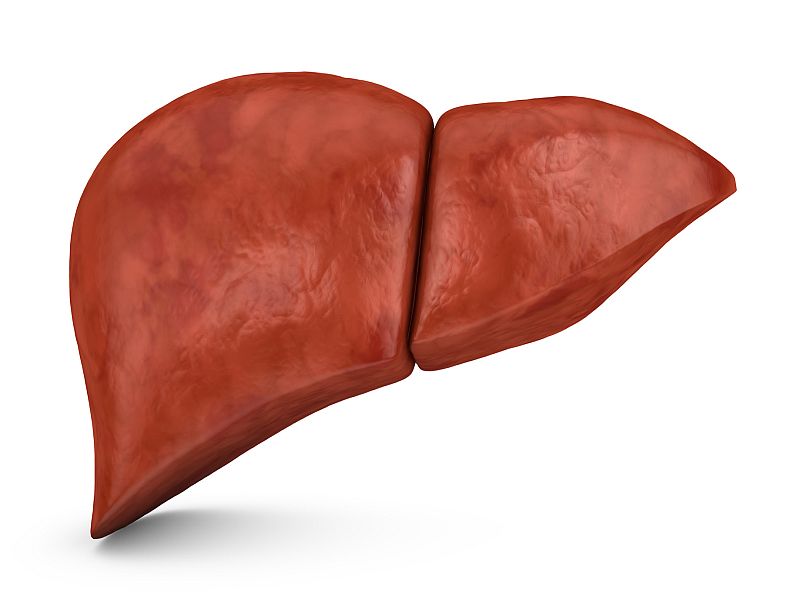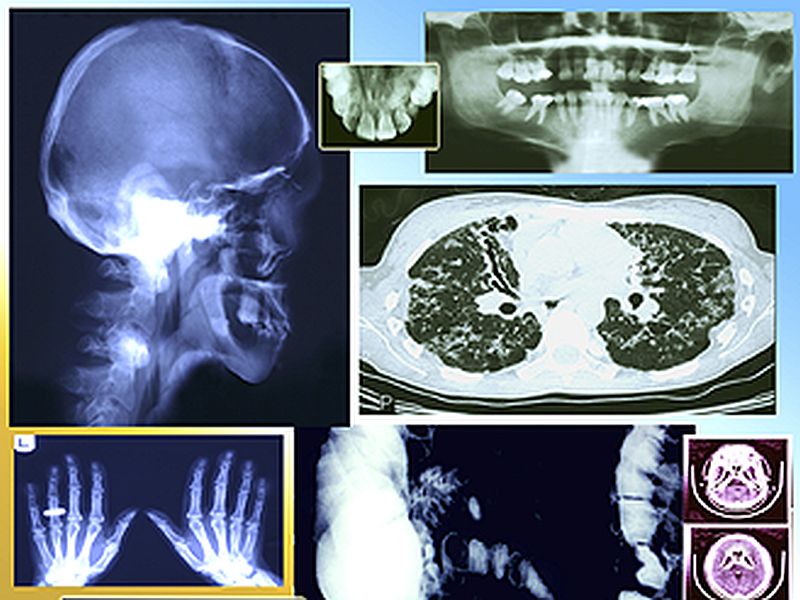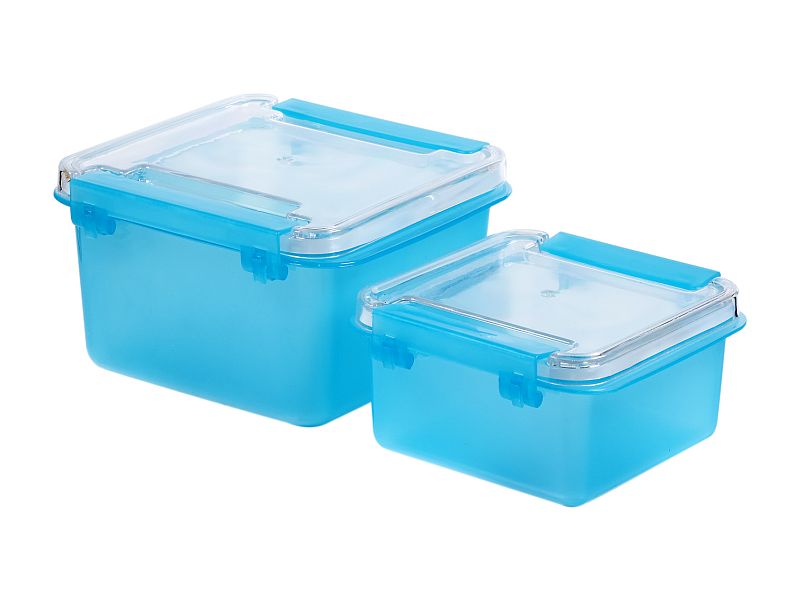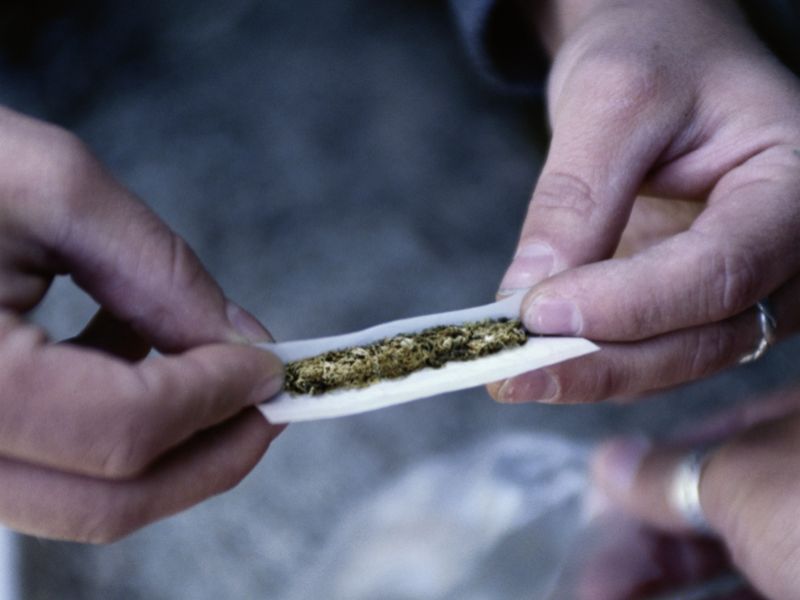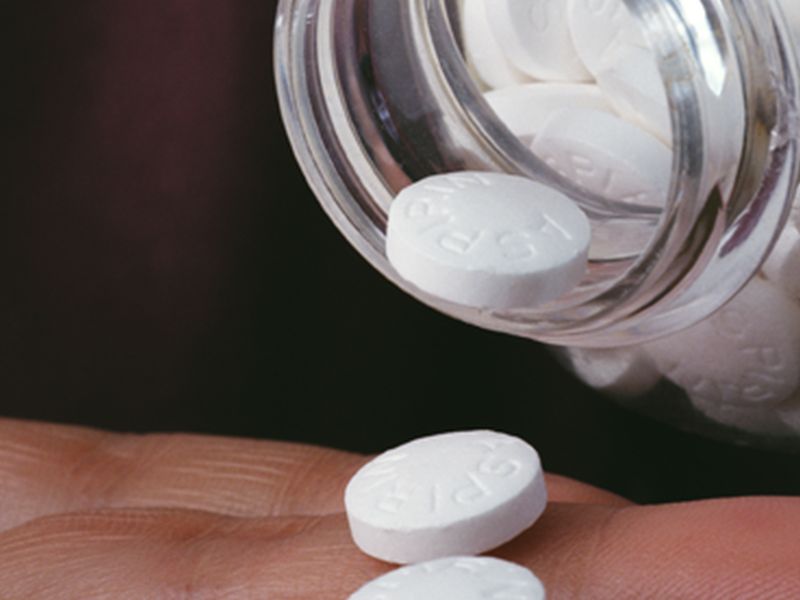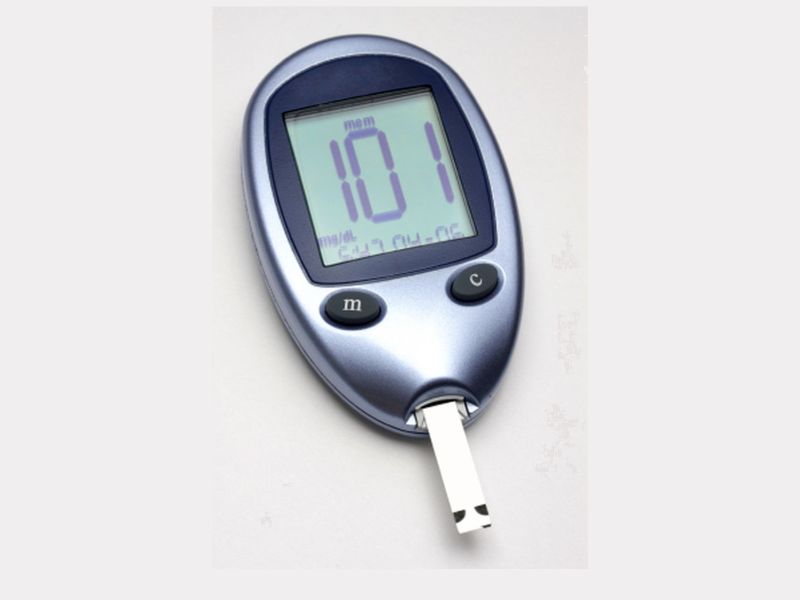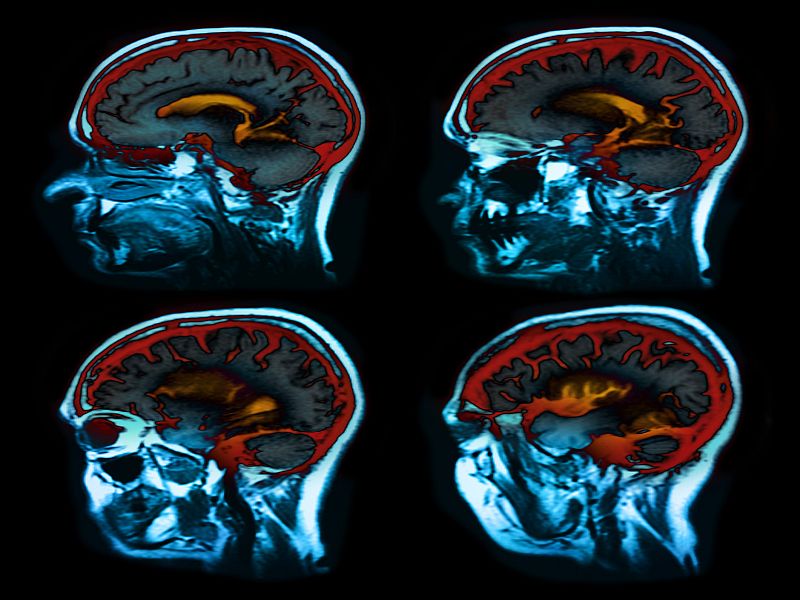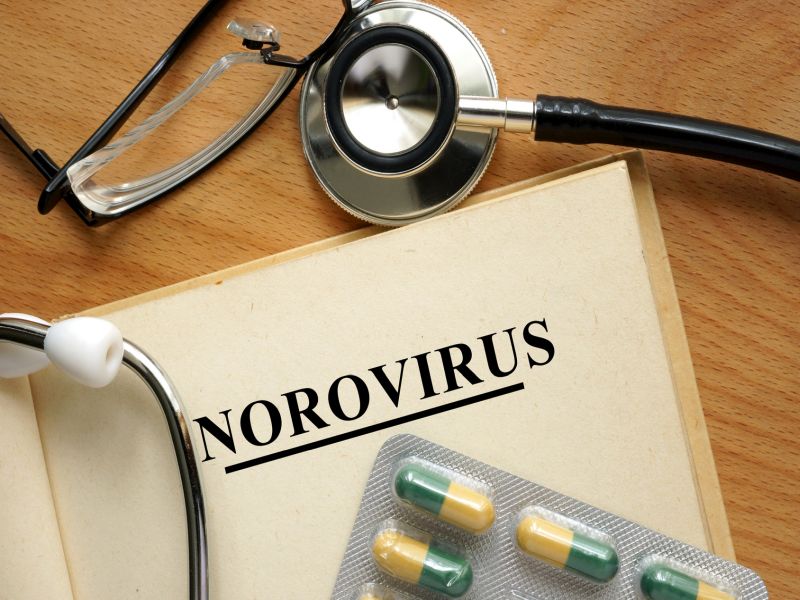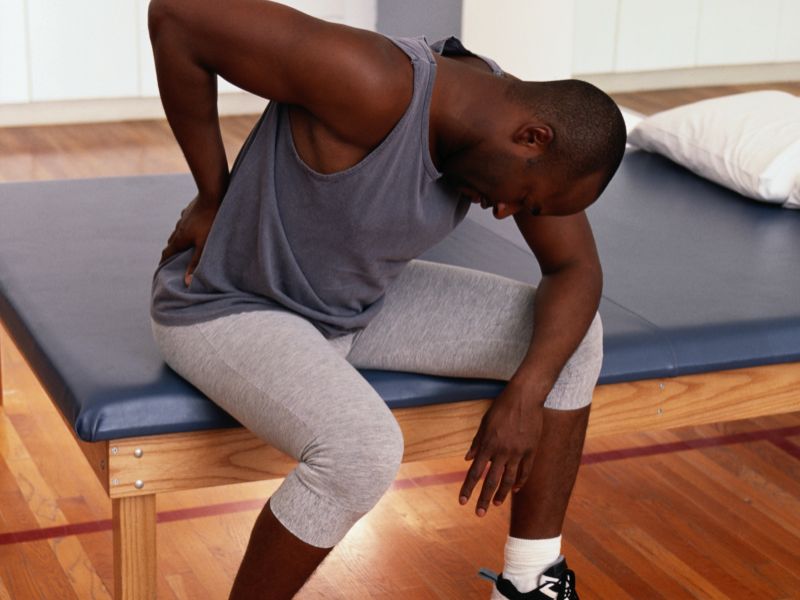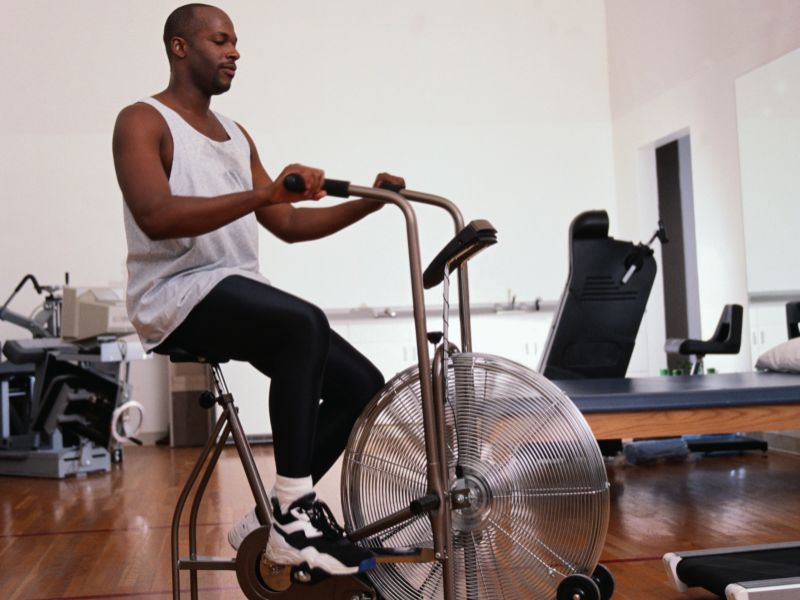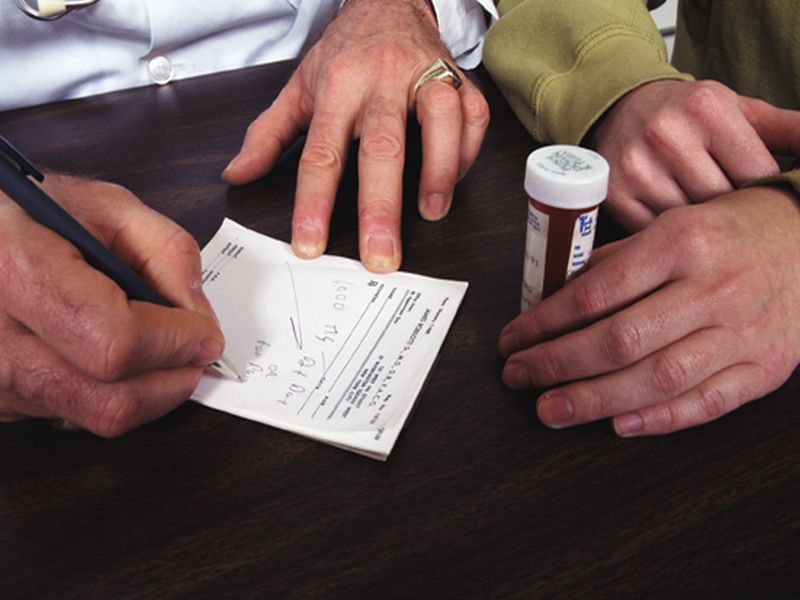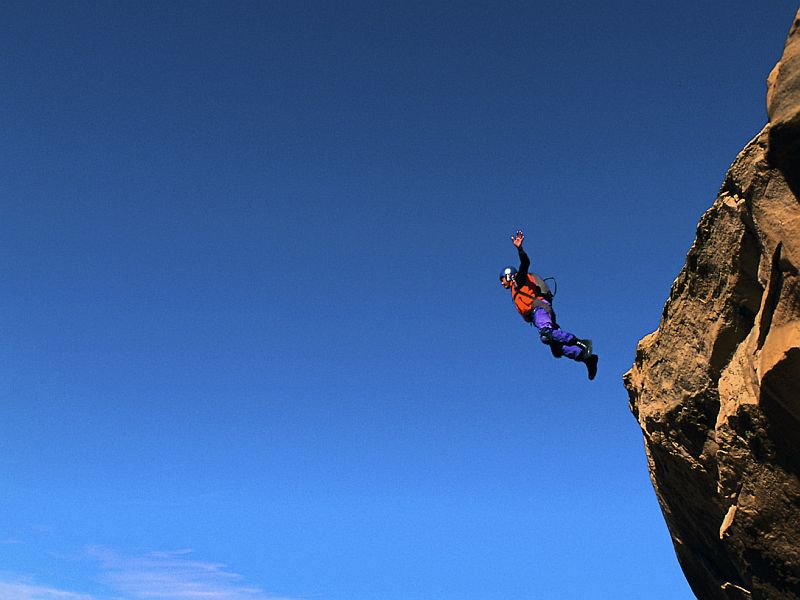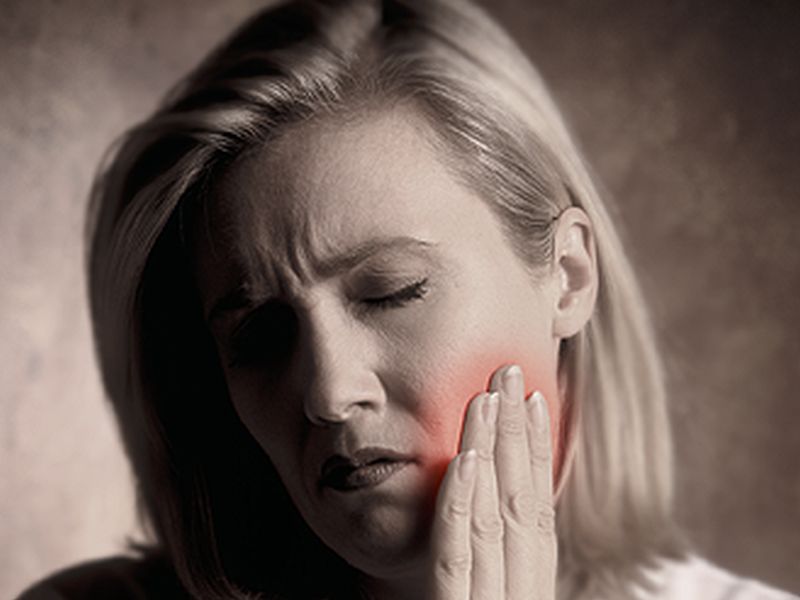WEDNESDAY, Jan. 17, 2018 (HealthDay News) -- If you're one of the millions of people who grind and clench their teeth during sleep, an injection of Botox might be the answer, a small study suggests.
The condition, called bruxism, can lead to pain, headaches, jaw problems and damaged teeth. However, the researchers reported that shots of Botox into the chewing muscles in the cheek can block the signals that tell these muscles to contract, relieving the grinding and clenching.
"Nighttime and daytime bruxism is a very common condition that can cause headaches, temporomandibular joint (TMJ) syndrome and dental problems that can lead to disability and adversely impact quality of life," said the study's senior researcher, Dr. Joseph Jankovic. He's a professor of neurology at the Baylor College of Medicine in Houston.
Although the cause of bruxism is still not well understood, Jankovic said, it's thought to be due to abnormal signals coming from the brain that cause involuntary and forceful contractions of the jaw muscles. Those contractions result in clenching of the jaw and grinding of teeth.
Botox injections are a treatment that's gained favor in treating the condition, but their real value hadn't been tested, Jankovic noted.
"Our study is the first placebo-controlled trial of Botox that demonstrates the benefits of this treatment in patients who suffer with severe grinding of the teeth while asleep," he said. "We showed that this treatment is not only effective, but also safe."
Jankovic added that he believes it should be the treatment of choice.
Funding for the study came from Allergan Pharmaceuticals, the maker of onabotulinum toxin-A, known as Botox. Jankovic is a consultant to Allergan.
Botox first made headlines as a treatment for facial lines and wrinkles by paralyzing the sub-surface muscles. It's also been used to treat migraines, excessive sweating and muscle disorders, among other conditions.
For the bruxism study, 22 people first spent a night in a sleep lab so the researchers could measure their teeth grinding and clenching symptoms. Botox can be used to treat people with severe and moderately severe cases of bruxism, Jankovic said.
Next, 13 of the participants were given Botox injections through their cheeks into their chewing muscles. The other nine were injected with an inactive placebo. After four to eight weeks, the participants were reassessed while spending another night in the sleep lab.
Among those given the placebo, none showed improvement in their grinding or clenching, according to the report. But six of the 13 people injected with Botox had symptoms the researchers described as "much improved" or "very much improved."
The participants also rated their symptoms and pain on two scales of 0 to 100, where 50 meant no change. People who'd received Botox reported fewer symptoms and less pain, with average scores of 65 on both scales. Those who'd been given the placebo reported no improvement, with average scores of 47 and 42, respectively.
Jankovic said the Botox treatments produced no serious side effects. Two participants given the drug experienced lopsided smiles, which evened out after a couple weeks, he said.
Limits of the study included its small size and lack of an accepted way of assessing the severity of teeth grinding, Jankovic said.
Other treatments for teeth grinding and clenching include mouth guards, which can help prevent tooth damage but may not stop the grinding and clenching. In addition, behavioral and drug treatments have been tried, but they either have not been tested in clinical trials or have had mixed results, Jankovic said.
The cost of Botox treatment varies, he said, but it's covered by most health insurance.
Though small-scale, the study showed that Botox is better than a placebo in treating teeth grinding, he said. Larger trials aren't planned, and Allergan has not decided whether to apply for FDA approval for using Botox for bruxism, according to Jankovic.
The study was published online Jan. 17 in the journal Neurology.
Karen Raphael, a professor of oral and maxillofacial pathology, radiology and medicine at New York University College of Dentistry in New York City, isn't convinced that most teeth grinding needs to be treated.
"At best, sleep bruxism is now considered a risk factor for potential oral health problems, but not an inherent disorder," she said.
The central question, Raphael said, is whether bruxism should be treated when it's not typically associated with dental problems.
The participants were chosen because they reported facial pain and bruxism, but it's not clear whether they suffered from bruxism or were told they had it, Raphael said. People with facial pain are often told that they have sleep bruxism, she said.
The real benefit of Botox may be in treating TMJ disorders, she said.
More information
The American Dental Association has more about teeth grinding.



